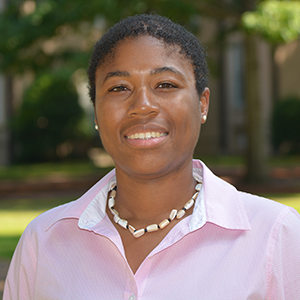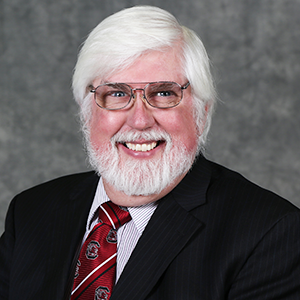The Quality Standards for Online Courses (QSOC) were developed to provide USC faculty, graduate teaching assistants (GTA/GIAs), and support staff a new set of quality standards for the design, revision, and review of online courses. As a result of the new standards, faculty and instructional designers have access to an instrument that can be used as a starting point when designing and revising quality online courses. QSOC includes standards that focus on student resources, accessibility, course interaction, instructional design, instructional materials, and assessment.
The new Quality Standards for Online Courses are based on a variety of nationally recognized standards. The standards were developed after reviewing standards from the Quality Matters Rubric, Blackboard Exemplary Course Rubric, SUNY Online Course Quality Review Rubric (OSCQR), and the Aurora Institute National Standards for Quality Online Programs.
It was important to obtain feedback from a variety of stakeholders on campus while developing the standards. Aisha Haynes, Assistant Director at the Center for Teaching Excellence and Project Manager for the project, expressed how developing the quality standards was a collaborative process. She also noted that there were over five versions of the standards throughout the development process. Haynes stated,
The standards can be used in a variety of ways, including, but not limited to:
- Faculty conducting a self-review of their course.
- Faculty designing their online courses.
- Instructional Designers assisting faculty with designing courses.
- Instructional Designers conducting a review of a course.
- Internal peer reviews by units.
Said Haynes,
During the pilot, some faculty expressed how the new standards were much easier to understand as compared to the previously used standards.
Augie Grant, J. Rion McKissick Professor of Journalism and past Director of the Center for Teaching Excellence noted that the standards allow any instructor to look back at their course and determine how they can make it better.
Teaching a chemistry lab is different than teaching creative writing. Grant noted,
We must work harder at teaching. It's no longer sufficient to just know your subject matter with the presumption if you know it, you can teach it. You must know your subject matter and you have to know how to teach your subject matter.
In additional to the standards being added to the Online Teaching Faculty Toolbox, additional resources have been created to accompany the standards, including a checklist and an annotations guide. The standards and guidance material were created to provide faculty with convenient and straightforward resources to assist with the design of quality online courses that are student-centered and accessible to students with and without disabilities.
Haynes hopes that faculty will use the standards to design, develop, and review their own online courses, and share the standards with their colleagues to assist them with developing quality courses.
Since the quality standards for online courses are available online, I hope that other colleges and universities around the world will utilize them to improve their online offerings.
For more information on the Quality Standards for Online Courses (QSOC), contact CTE assistant director Aisha Haynes at haynesa@mailbox.sc.edu.


